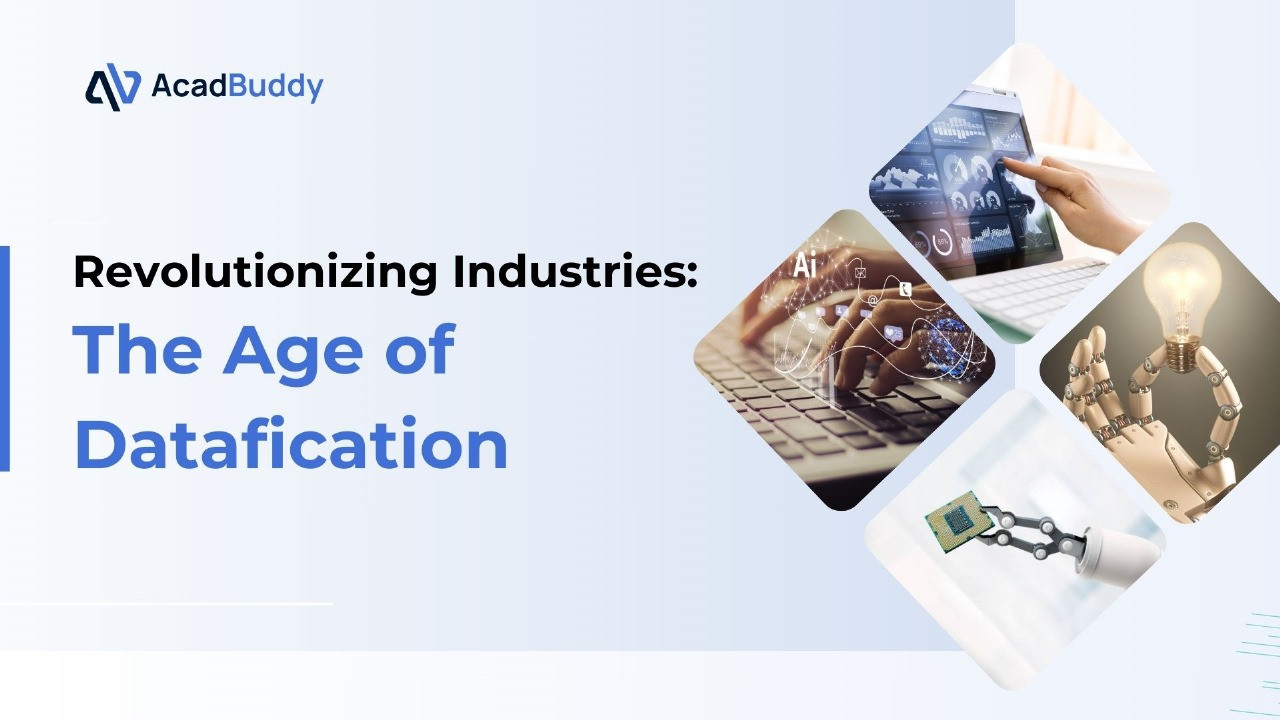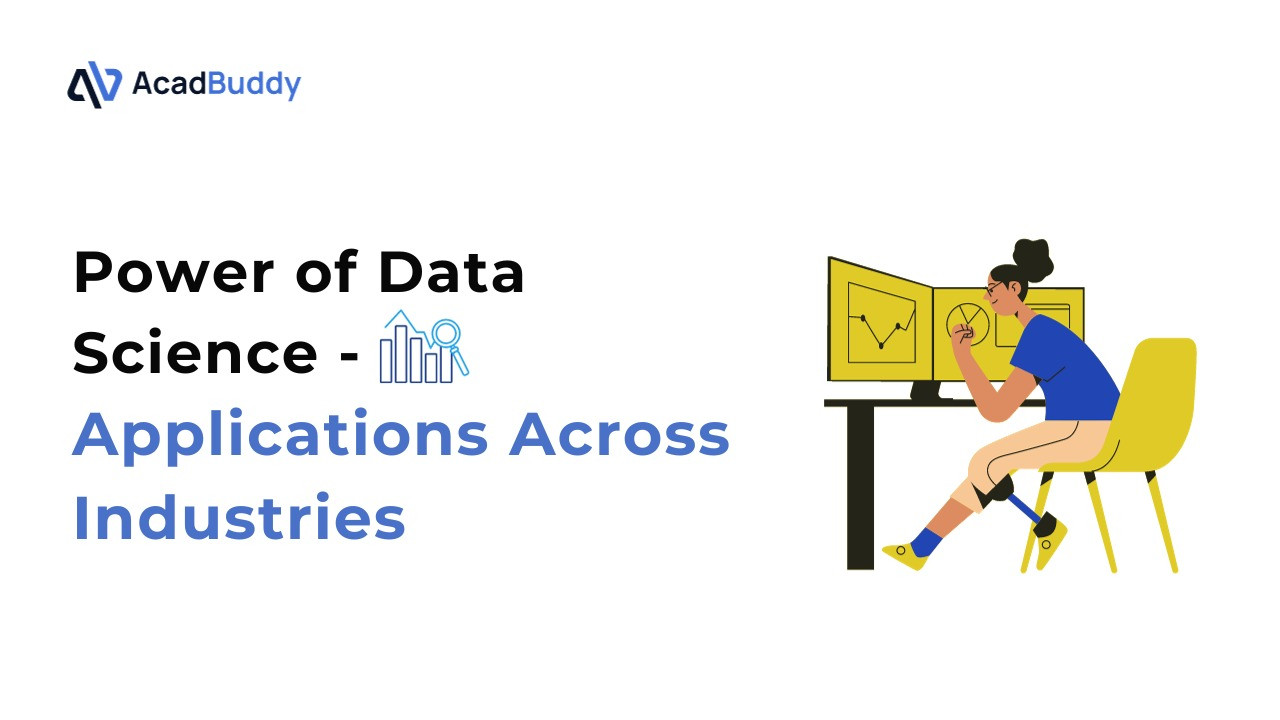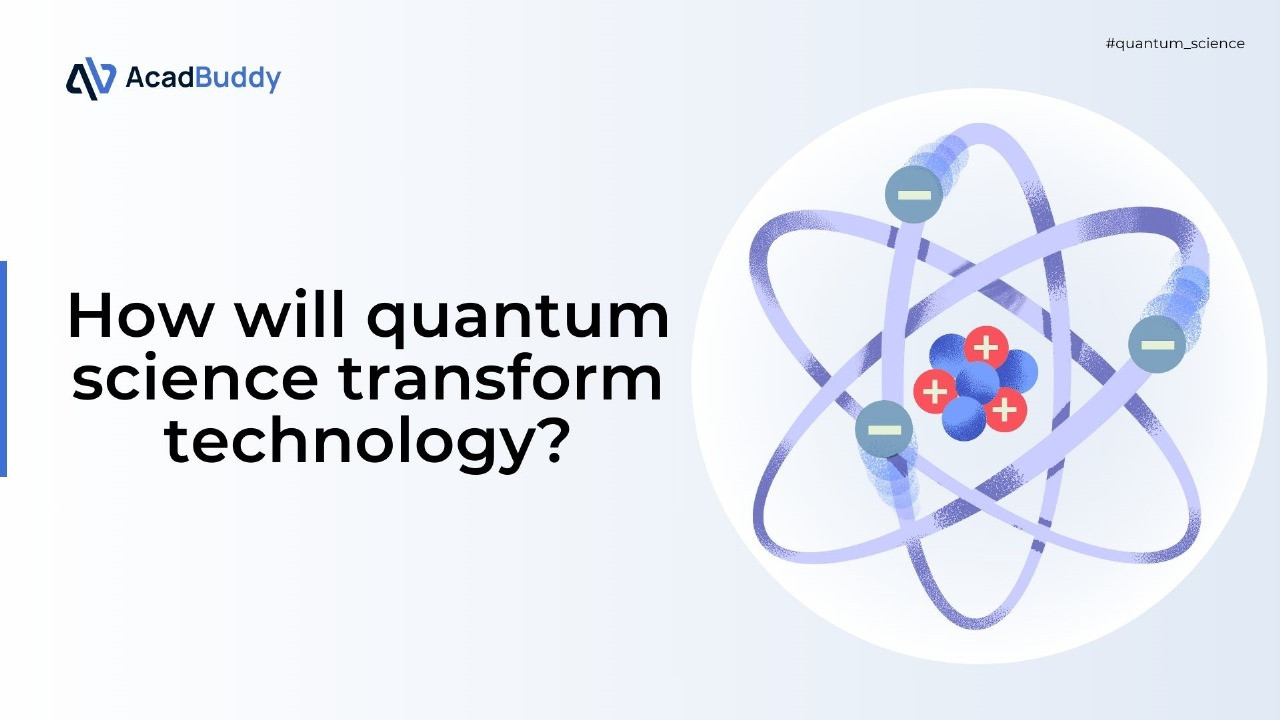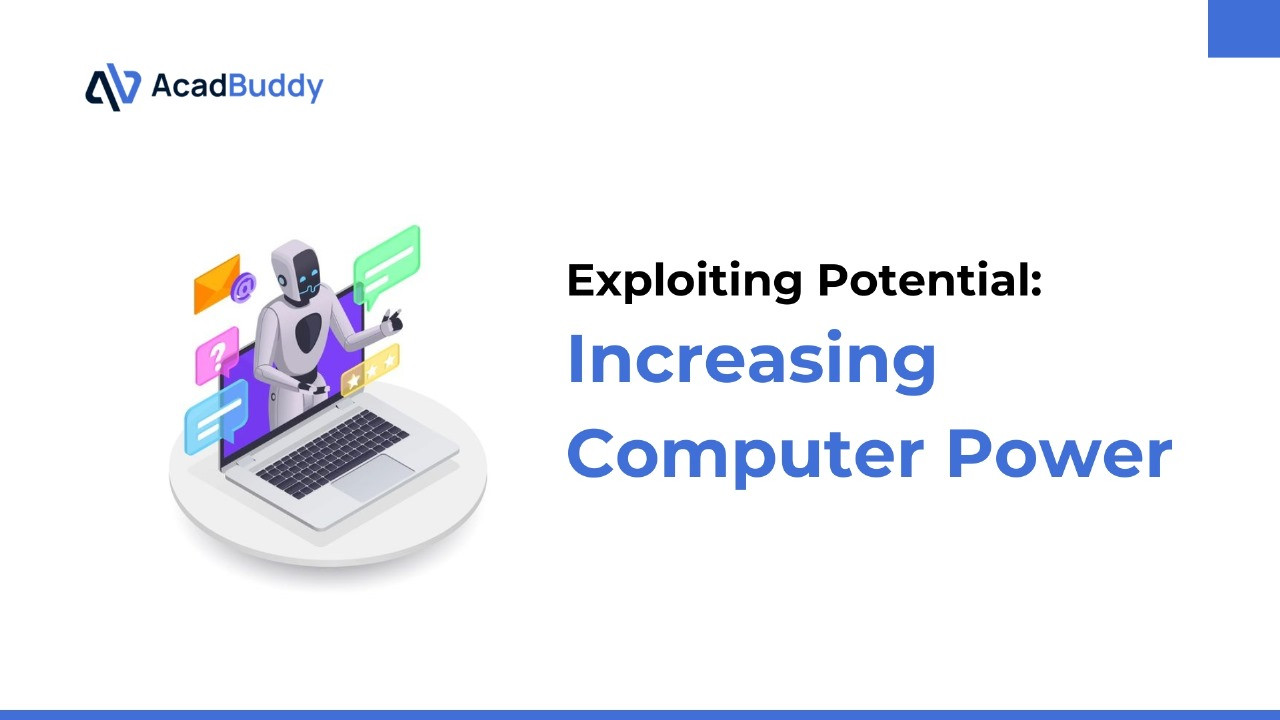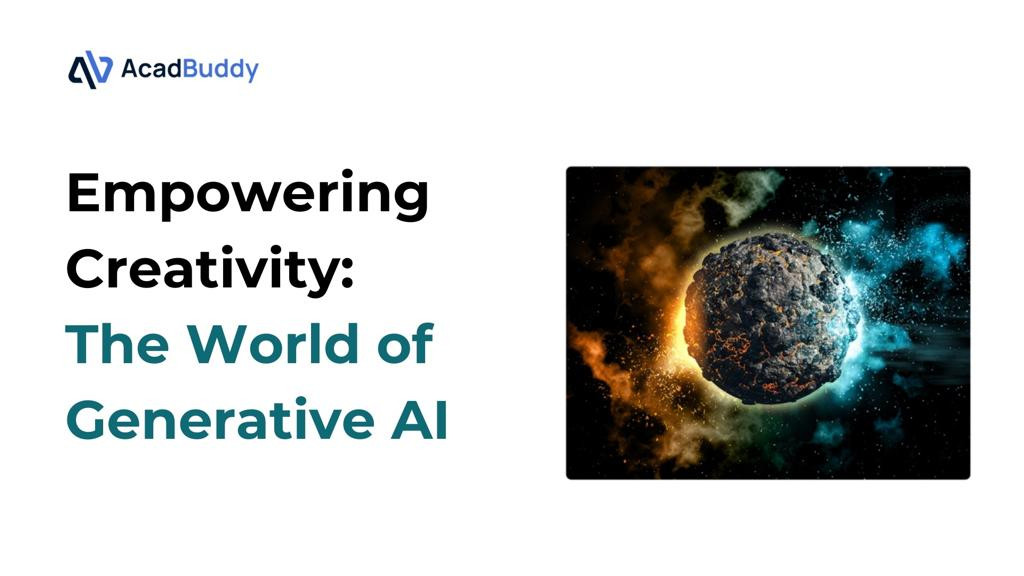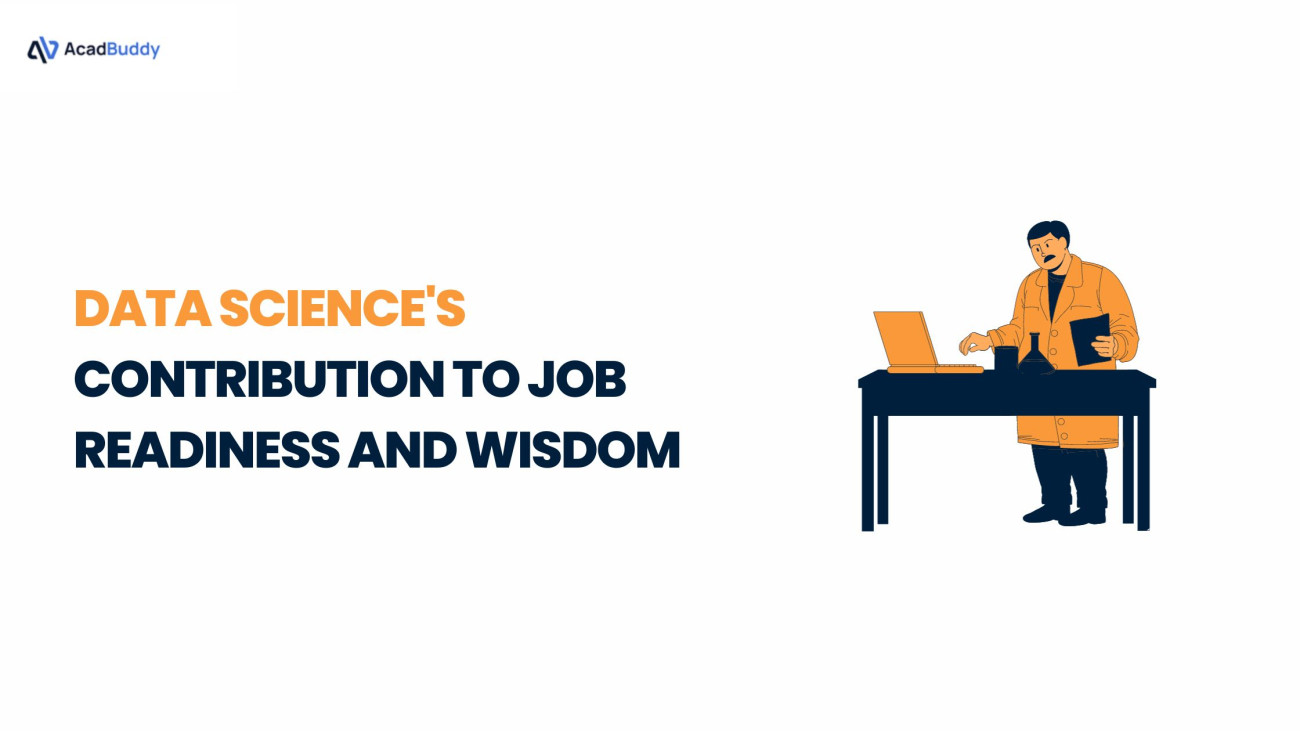Revolutionizing Industries: The Age of Datafication
The term "datafication" describes the process of turning many elements of our daily life, activities, and environment into digital data. In today's technologically advanced culture, this process is more common than ever and has an effect on a range of sectors, including healthcare, entertainment, education, and finance. It substantially alters how we perceive the environment, engage with it, and make choices about it.
Datafication: Transforming Our World Through Digital Integration, Unearthing Insights, and Shaping the Future of Industries and Society.
An increase in data generation has resulted from the pervasiveness of digital technology and the internet. Everything is being turned into digital formats, including social media interactions, online buying behaviors, sensor data from smart gadgets, and more conventional forms like written documents, photos, and videos. With previously unheard-of efficiency and scope, this data can be stored, processed, and evaluated.
The ability to compile enormous amounts of data about people and communities is among the most important effects of datafication. Big data, which is the term for enormously massive datasets that typical data processing systems find difficult to handle, has emerged as a result of this. With the use of cutting-edge algorithms and processing capacity, big data analytics can reveal patterns, trends, and insights that were previously invisible.
Datafication has transformed patient care and medical research in the field of healthcare. The seamless sharing of patient data among healthcare professionals is now possible because of the replacement of paper-based systems with electronic health records (EHRs). Real-time health data is gathered via wearable technology and sensors, allowing for ongoing monitoring and early problem identification.
In addition to enabling more individualized care, this wealth of knowledge advances medical research by enhancing our knowledge of illnesses and available therapies.
Another industry heavily impacted by datafication is education. Learning management systems monitor the performance, engagement, and progress of students in real-time. Using this information, educators may spot at-risk pupils early and provide treatments that are unique to their needs. Additionally, it paves the way for the creation of adaptive learning technology that may tailor each student's educational experience.
Datafication has been used by businesses to achieve a competitive advantage. Retailers, for instance, use consumer purchasing patterns and browsing habits to develop specialized shopping experiences and niche marketing strategies. This boosts sales while also improving consumer happiness. Similar to how individuals utilize data to analyze risk, spot fraud, and provide specialized financial products and services, financial institutions do the same.
Datafication has many advantages, but it also brings up significant ethical and privacy issues. Large-scale personal data collection, storage, and use raise concerns about consent, openness, and data security. It can be difficult to strike a compromise between preserving individual privacy and reaping the benefits of data-driven insights.
Additionally, datafication may make already existing social inequities worse. Those without access to technology or with a weak understanding of digital literacy risk falling behind. Furthermore, if biases in historical data are not thoroughly addressed during the data analysis process, they may continue to persist or perhaps become more pronounced.
In conclusion, datafication is a phenomenon that is transforming many facets of contemporary society. It encourages business innovation, transforms companies to make better judgments, and advances industries like healthcare and education. It also brings up significant ethical questions about prejudice, privacy, and permission. Finding methods to harness the potential of data safely and inclusively will be crucial as it continues to play an increasingly significant role in our lives.

